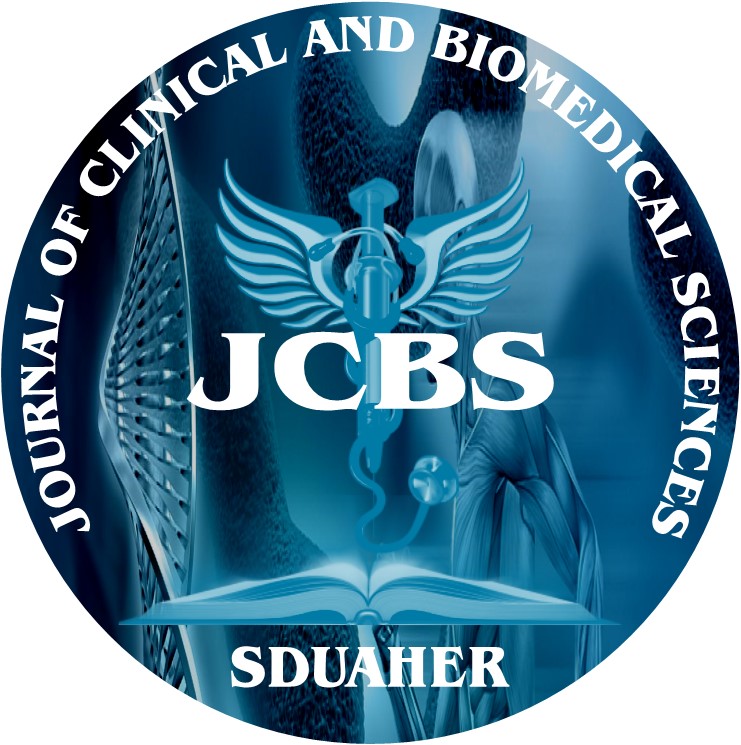


Journal of Clinical and Biomedical Sciences
Year: 2012, Volume: 2, Issue: 3, Pages: 123-133
Original Article
Nisha Subhashchandra Ramani, Krishnamurthy N , Raghavendra Prasad B N1 ,Ashakiran S, Sumathi M.E, Harish R
Departments of Biochemistry, Medicine Sri Devaraj Urs Medical College, Kolar
*Corresponding Author
Email ID: [email protected]
Introduction: Diabetes mellitus (DM) is a heterogeneous disease characterized by an abnormal or relative deficiency of insulin and insulin resistance. Adenosine Deaminase (ADA) is an enzyme involved in purine metabolism. Literature demonstrates that in the patients with type 2 DM, the level of ADAis higher than that of non-diabetics. Objectives: 1. To estimate the serum ADAin patients with type 2 DM. 2. To correlate ADAlevels with HbA (for glycemic status) in patients with type 2 DM. 1c Methods: The present study is a case control study. It includes 101 subjects, including 51 cases of type 2 diabetes mellitus and 50 age and sex matched healthy controls. Adenosine Deaminase, HbA1c, fasting and postprandial blood glucose levels were measured and the results were compared with controls. Results: An elevation of serum ADA was found in diabetic subjects as compared to controls. Mean and Standard deviation of serum ADA in cases and controls was 32.06 + 17.09 and 19.28+ 5.59 respectively. Serum ADA is significantly higher in cases as compared to controls (p<0.001). ADA activity is correlated with fasting blood glucose (r =0.694, p < 0.001), postprandial blood glucose (r = 0.652, p<0.001) and HbA1c (r =0.290,p<0.05). Correlation is positive and significant. Conclusion: Serum ADA is elevated in the patients with diabetes as compared to controls. This reflects that serum ADA can be considered as a marker of glycemic status in the diabetic population.
Key words: Adenosine, Adenosine Deaminase, Blood glucose, HbA1c, Type 2 diabetes mellitus.
Subscribe now for latest articles and news.